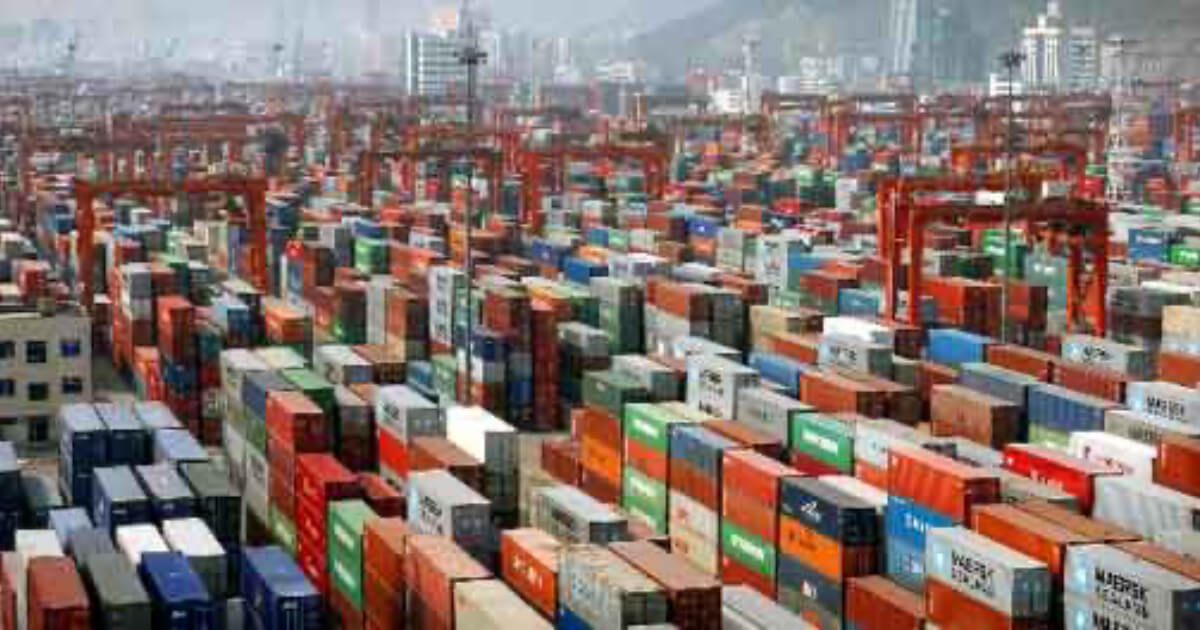
Why most logistics company needs to look at re-positioning their brands?
Ocean freight: Total container volumes handled at Chinese ports dropped by 10.1 percent in the first months of 2020, impacting both key exporters, like Brazil, China, India, and Mexico, as well as importers like the European Union.
Land freight: Unlike ocean and air transport, land transport has generally remained partially available globally as roads have remained in operation, except in countries under severe lockdowns. Trucking capacity is strained because of additional demand for their services—especially food and medical supply transportation—under lockdown, combined with reduced employee availability (due to COVID-19-related restrictions), leading to higher rates.
Air freight: Volumes fell by 19 percent in March 2020 due to a sharp reduction in passenger flights (which carry freight as belly cargo) and the drop in manufacturing in China. The overall reduction in capacity is greater than the net reduction in demand, which supports higher air freight rates.
In this context, business relationships and technology offer leeway. It takes a crisis to realize that years spent in relationship building matter a lot, similarly attests to the need for flexibility, culture, and technology. As freight forwarders begin to cautiously adopt emerging technologies, the two factors overlap in shaping the industry’s future.
Disruption and uncertainty
Changing customer expectations Like individual consumers, industrial customers now expect to get shipments faster, more flexibly, and with more transparency at a lower price. No surprise that across the industry, both operating models and profitability are under strain. And the pace of transformation for large manufacturing and retail customers may turn out to be even faster than for private final consumers.
Manufacturing industries are facing far greater expectations around efficiency and performance than ever before. Their customers expect faster time-to- market, reduced defect rates and customised products. Ultimately, the result may be a goal that was once impossible: a ‘lot size of one’, where each product is manufactured to the specifications of a specific end-customer.
The advent of the industrial Internet of Things and what other research refers to as ‘Industry 4.0’ is allowing manufacturing companies, whether they make industrial equipment, cars, planes, or consumer goods, to redefine everything from the way they interact with customers to how they structure supply chains.
All this has huge implications for transportation and logistics. LSPs – in particular 3PLs and 4PLs – need to integrate data analytics and social supply chains to provide much better traceability and predictability (not to mention lower costs); smart warehousing solutions will become essential. The implications are clear: ‘digital fitness’ is becoming a must for every logistics company.
(source PWG Report on The Future of logistics Industry)
Branding and the key implications for logistics companies
1.Re-position - The brand needs to re-position to be seen as aa company leveraging technology to serve its customers better
2.Relationships - Build on the relationships forged over the past years to drive customer loyalty
3.Changing expectations - Meeting the new age customer requirements by mirroring what start-up logistic firms are bringing into the logistics industry. The expectations are changing and so is Continental prepared.
4.Digital & data - There is no other industry where so many industry experts ascribe a high importance to data and analytics in the next five years than transportation and logistics
At Brand Harvest, we believe your brand needs to have a compelling value proposition in order to re-position and change perceptions that are seemingly becoming more relevant in today’s changing environment that is driven with data and technology. Our endeavour will be to partner your firm in finding the most relevant points and identify the points of differentiation for your brand. Both these aspects combined will give a brand narrative that is highly appreciated by all your stakeholders.